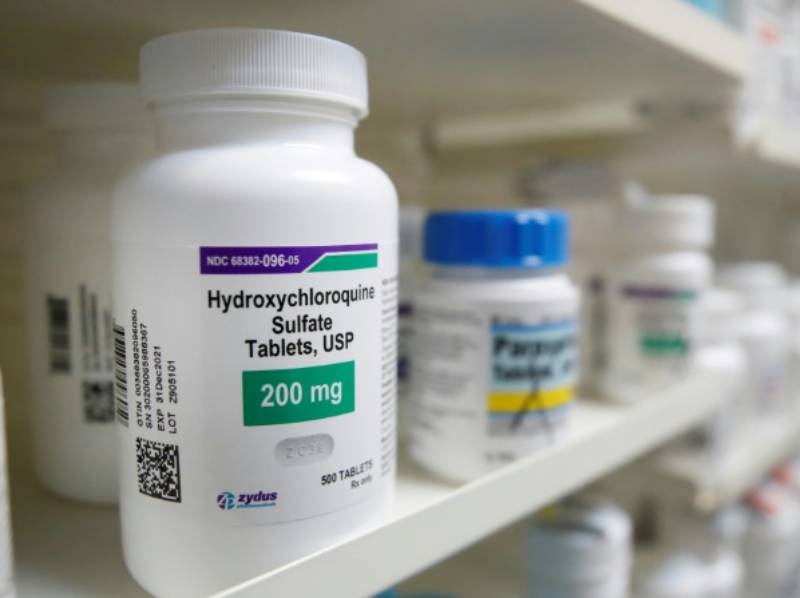×
The Standard e-Paper
Home To Bold Columnists

The prestigious medical journal The Lancet has distanced itself from the much-criticized study it published on hydroxychloroquine, acknowledging in a formal warning that "important questions" hovered about it.